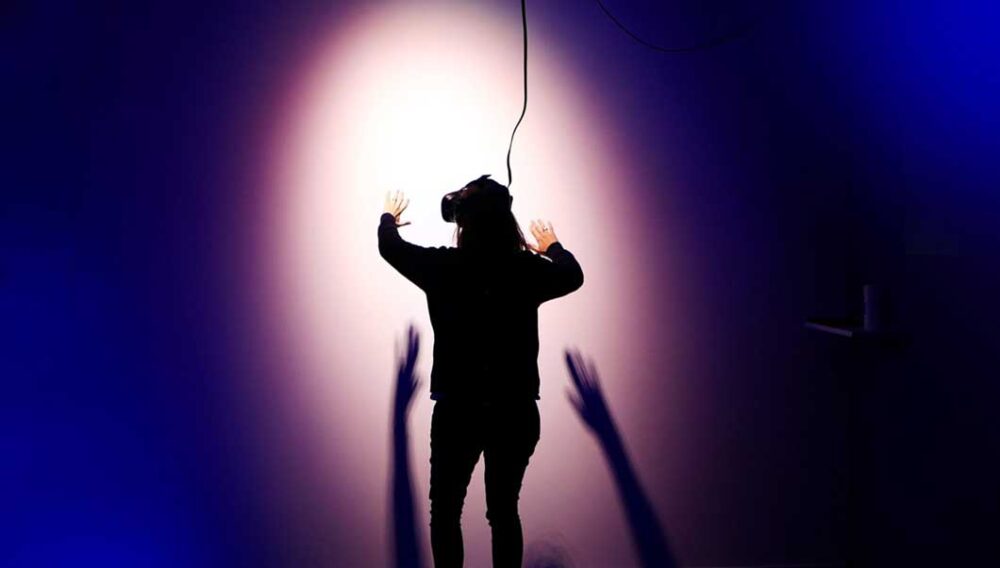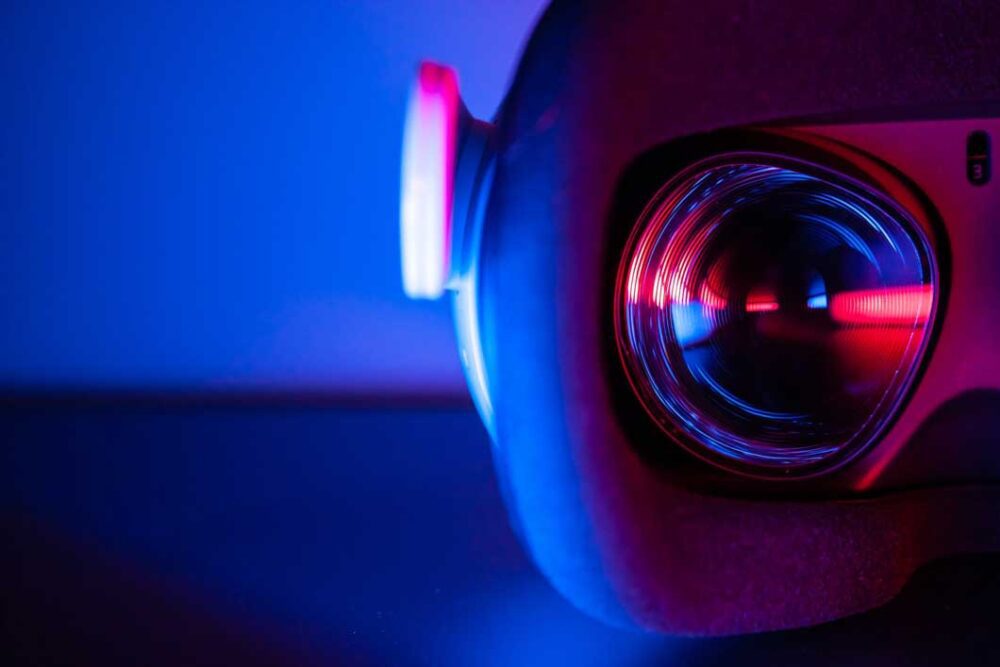Virtual reality (VR) technology has been around for decades, but it has only recently begun to gain mainstream attention. When a person puts on a VR headset, they’re opening themselves to the possibility of being transported to an alternate world without having to leave their own home.
The endless scope for the use of VR hasn’t been lost on the entertainment industry, which has begun to explore the possibilities of VR with applications in gaming, film, and other forms of media.
VR overhauls gaming
The gaming industry has been one of the first to fully embrace VR technology. VR gaming allows players to immerse themselves in a virtual world, where they can interact with the environment and other players in a way that traditional gaming does not allow. This level of immersion creates a more intense and engaging gaming experience, which is driving the growth of the VR gaming market.
One of the first modern-day VR gaming platforms is the Oculus Rift, which was developed by Oculus VR, a company that was acquired by Facebook in 2014. The Oculus Rift is a head-mounted display that tracks the user’s head movements and provides a 3D virtual environment for the player to interact with.
In casino games and slot games alike, there’s been a real uptake in the use of live features, such as live dealers and live chat features. With virtual reality technology beginning to make a mark in the iGaming industry, we don’t imagine it’ll be long before players can use their VR headsets to play slots online as players and game developers alike get used to the technology.
Virtual reality (VR) is transforming the entertainment industry, offering immersive experiences in films, games, and beyond. The casino industry is also embracing VR, providing players with realistic gaming environments. For those looking for bonuses without deposits, check out no deposit casino bonus https://casinofieber.com/en/no-deposit-casino-bonus/ offers to enhance your VR casino experience.
The film industry explores VR
While gaming has been the primary focus of VR in the entertainment industry, other forms of media are also exploring the possibilities of VR. The film industry has begun to experiment with VR, creating immersive and interactive experiences for audiences. For example, the film “Gravity” was re-released in a VR format, allowing audiences to experience the film in a new way. Similarly, the music industry has begun to experiment with VR, creating virtual concert experiences for audiences.
Alternative ways to embrace the tech
VR is also being used in other industries, such as education, tourism, and advertising. In education, VR is being used to create virtual classrooms and simulations, which can be used to teach subjects such as science, history, and geography. When it comes to tourism, VR is being used to create virtual tours of landmarks and other places of interest. VR is being used in advertising to create interactive experiences that allow customers to see and interact with products in a virtual environment.
Virtual reality technology is changing the entertainment industry in a big way. With gaming leading the way, other forms of media are also exploring the possibilities of VR. VR is providing new and exciting ways for audiences to experience entertainment, and the industry is likely to continue to grow as the technology becomes more advanced and accessible. As VR technology continues to evolve, it will be interesting to see how it will shape the entertainment industry in the future.



















